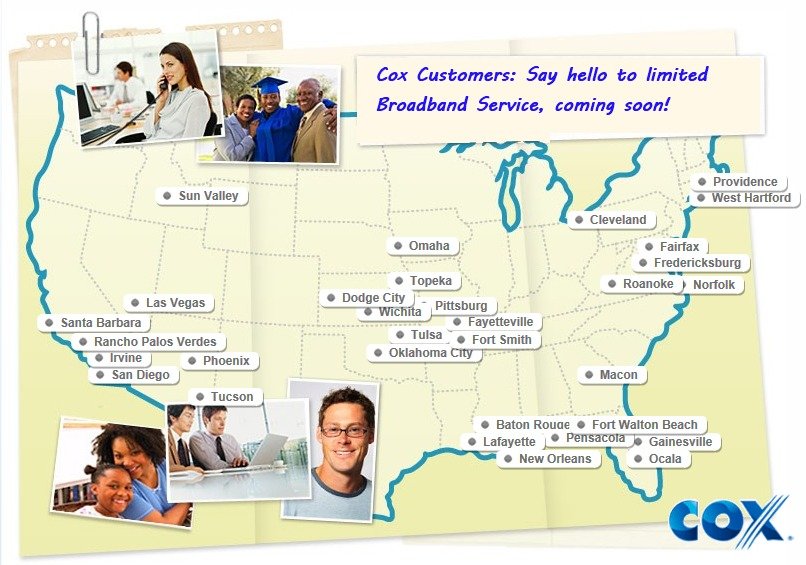Time Warner Cable has announced another upgrade to their free iPad TV Everywhere viewing app: TWCable TV. In addition to ongoing bug fixes, Time Warner Cable’s Jeff Simmermon reports several new features are now included:
1) Basic search function.
With this update, you can search for programs by title or episode name within the iPad app. You do this by using the search bar located on the top right of the screen. To activate the keyboard, you’ll need to tap the search bar. Once the search results display, you’ll also have the ability to filter your results based on matching genres like News, Cooking, Travel, Sports, etc. We are working on advanced search (keyword, cast, crew) which should roll out sometime around the end of Q4/ beginning of Q1.
2) You can now view closed captioned content.
To do this, look within the Settings menu of the TWCable TV iPad app and turn the closed captioning switch on. Some programs do not have closed captioning available. Those programs will not display captioning even when the closed captioning is turned on. Look for the closed captioning icon within the program description to determine if captioning is available on any given program.
3) You can now block specific live TV channels from viewing on the app.
Once a channel is blocked it will no longer be displayed in the live TV mini-guide. Please note that you will need to visit MyServices to activate parental controls, and you must exit and re-enter the app for the changes to take effect.
To activate/manage Parental Controls for the app, follow these steps:
- Visit myservices.timewarnercable.com and log into your MyServices account
- Click on either the MyAccount or MyTV tab within MyServices, scroll to the “TWCable TV for Devices” module
- Click on the “Edit blocked channels” link
- On the Edit TWCable TV Channel Blocking for Devices page, scroll down to the channel(s) you wish to block
- Click on the lock icon (it will turn red)
- To complete the parental control activation process, restart the TWCable TV iPad app by pressing the home button or signing out
These settings apply to the TWCable TV iPad app only. To manage parental control settings for your television, you still have to modify the settings on your video set top box using your remote control.
Miscellaneous bug fixes:
I’ve seen a lot of complaints about audio issues in the iPad app – many are saying that there’s no sound. This update should fix that.
Some users were not seeing HD channels in the lineup like they should have – that should also be fixed.
We also have made some minor design tweaks.
The biggest problem we’ve experienced with the app at Stop the Cap! HQ is the highly-irritating paused/re-buffering playback, which has gotten progressively better over time. Now, most paused playback occurs only within the first minute after changing channels, and usually does not repeat. We maintain a 30/5Mbps Internet connection, so there is plenty of broadband speed available, but we suspect as more customers found the application, the cable company’s server capacity could not keep up.
The application’s annoying limitations also remain:
- You must be a Time Warner Cable television subscriber to watch, with Time Warner Cable Internet service. (We haven’t tried to see if Earthlink from Time Warner works with TWCable TV).
- Playback is limited to the range of your home broadband network’s Wi-Fi connection. You cannot watch on other networks, and we’ve been unsuccessful trying to watch from another Time Warner Cable customer’s home.
- Channel lineups vary market to market. If your local Time Warner system does not carry a specific network, don’t expect to see it on TWCable TV, even if others elsewhere can watch.
- No local channels are included.
In a related development, Bloomberg reports Time Warner Cable is close to a deal with HBO and sister network Cinemax to finally allow Time Warner Cable customers access to HBO GO and Cinemax GO, assuming you have a subscription to one or both premium channels.
The app allows access to past and current programs on smartphones, iPads and personal computers for no additional monthly charge.


 Subscribe
Subscribe





